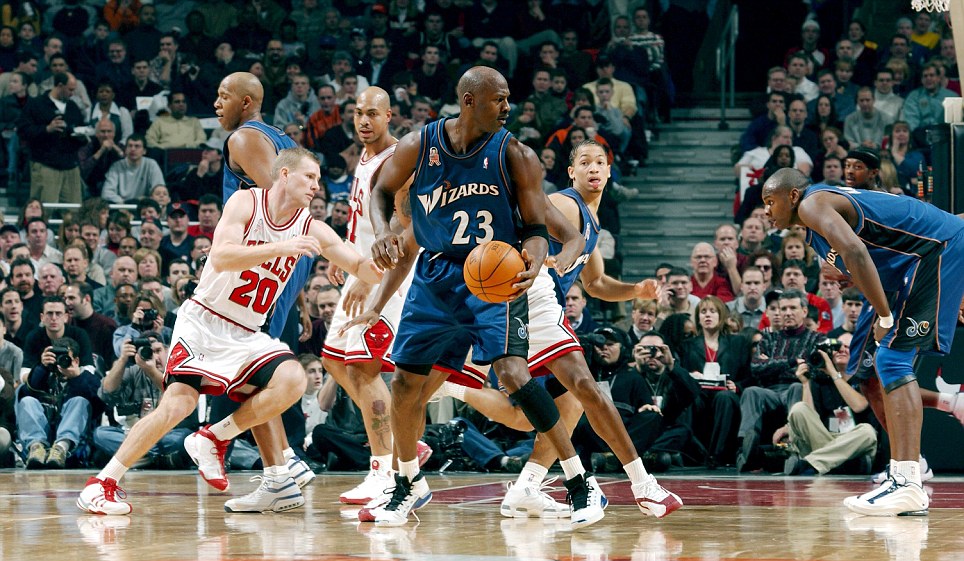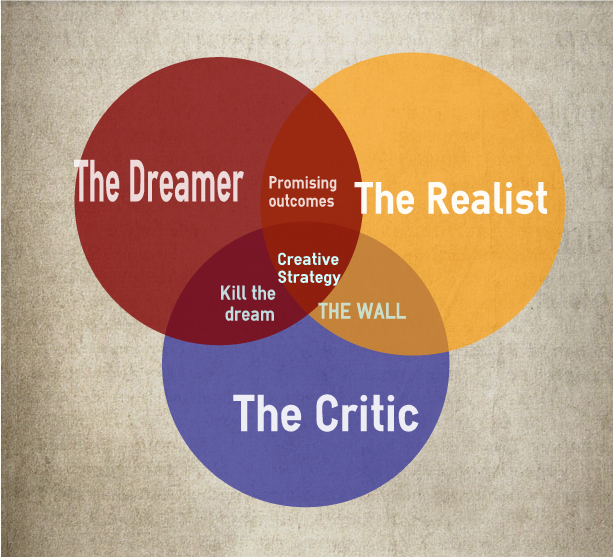
The bad leaders are the ones that push hard so they can gain, who brow beat us so that they can receive the benefit of our hard work, not so we can enjoy the success.
~Simon Sinek
I don’t usually express the negative, but one of the ways we learn how to be good leaders is knowing what not to do. That’s why the following article from Fast Company got my attention. I know I’m imperfect, so I’m always looking to improve.
Read & Enjoy:
The old adage is often true: We don’t quit jobs, we quit bosses. Besides hurting your mental well-being and productivity, working for a bad boss can severely impact your health. Researchers from Harvard Business School and Stanford University found that the stress bad bosses cause can be as damaging as secondhand smoke. And those bad bosses may also be making you sad, lazy, and fat.
Of course, many of us don’t have the financial or logistical freedom to just quit a job without a new one lined up if we get stuck with a bad boss. So what is one to do? You can, of course, learn to deal with the bad boss as best you can. However, as with most maladies, the best medicine is prevention. If you can learn to identify the warning signs of a bad boss during the interview stage, you can avoid that job and its potentially toxic work environment altogether. Here are the biggest red flags to look out for, according to a recruiter and management professional we spoke to.
RED FLAG NO. 1: DO THEY LACK BASIC RESPECT AND MANNERS?
“Even with my experience of interviewing, I’ve sometimes slipped up on what looked like a well-planned schedule at the start of a day blocked out for interviews and ended up running over and being late for the next interviewee,” says Sarah Dowzell, the COO at Natural HR. “Unexpected events can happen to the most organized of people, but how they react will tell you a lot about the person.”
This is often the most easily discernible red flag, says Dowzell. “Acknowledging and apologizing for being late to the interviewee is basic manners, and if the hiring manager doesn’t do this, what does it tell you about how they treat people?”
That’s something with which Richard Hanwell, associate director at The Sterling Choice, a recruitment agency for global professionals, agrees:
Manners cost nothing. If an interviewing manager is checking their phone for emails or is taking phone calls, then they are unlikely to give the appropriate time in your prospective role if they can’t even do it when they are meeting you for the first time and should be looking to make a good impression. No matter how senior a manager is, they should respect the importance of recruitment and turn all technology off in order to make an engaging impression.
RED FLAG NO. 2: AN INFLATED EGO
“These are the hiring managers who are more interested in talking about themselves than interviewing you,” says Dowzell. She points out that it’s easy to spot a boss with an inflated ego: If you ask them any questions about the team you’ll potentially be joining, their answers will often focus on them and their personal achievements rather than the wider team.
“The best example of the inflated ego I’ve come across was a candidate being told by the hiring manager that he’d looked at his LinkedIn profile, and then he asked why this wasn’t reciprocated,” says Dowzell. “This person does not only have an inflated ego, but they’re also needy. Who wants to work for a needy boss?”
RED FLAG NO. 3: PRONOUNS MATTER
The best bosses are team players who realize the contribution and value of every single person in the group. But as many of us know, there are plenty of bad bosses who believe that successes are theirs alone, and failures are due to their subordinates. But how can you tell which camp your prospective boss falls into when meeting them for the first time? Hanwell says to pay attention to how they use pronouns in the context of the conversation.
“If your interviewer uses the term ‘you’ in communicating negative information – such as, ‘You will deal with a lot of ambiguity’ – don’t expect the boss to be a mentor,” he says. “If the boss chooses the word ‘I’ to describe the department’s success, that’s a red flag. If the interviewer says ‘we’ in regards to a particular challenge the team or company faced, it may indicate that he or she deflects responsibility and places blame.”
RED FLAG NO. 4: THE BOSS ASKS INAPPROPRIATE QUESTIONS
One of the worst red flags to keep an eye out for is whether the prospective boss asks you any questions that may potentially violate Title VII of the Civil Rights Act of 1964, the Age Discrimination in Employment Act, or the Americans with Disabilities Act. “All of the legislations listed are designed to prevent discrimination in the workplace and mean that hiring managers should not be asking questions such as ‘Do you have children, or plan to have children?'” says Dowzell.
She points out that despite legislation, 75% of senior women in tech have been asked about family life, marital status, and children during interviews. “Arguably, a hiring manager asking such questions hasn’t been sufficiently trained, but if they’re displaying unethical behavior at this stage, what does it tell you about how this manager operates?” she says.
RED FLAG NO. 5: SIGNS THE BOSS (AND COMPANY) SEE YOU AS A LACKEY
Dowzell says that there are still plenty of bosses and companies that see their employees as little more than servants. To demonstrate this point, she tells me about the experience of one of the first people she hired for her company. Before interviewing at Natural HR, James had interviewed at a nearby larger business that had bigger budgets.
“James told me that after a great interview with a nearby company, he was introduced to a director who just happened to be passing as he was leaving the building, and all he said to James was, ‘First thing you need to know about working here, James: milk and two sugars!'” says Dowzell. “That was enough to tell James all he needed to know about what his life would be like working for this company.”
RED FLAG NO. 6: THE BOSS LACKS ENTHUSIASM
Hanwell says the final red flag to keep an eye out for is whether or not you sense enthusiasm and passion from the prospective boss while they are interviewing you. “Measure this by paying attention to your feelings,” he says. “You should feel a sense of excitement when you consider working for them. But if you feel like the boss hates his or her job and doesn’t care, leave immediately. Chances are, the office is full of disengaged employees who are plagued by low morale.”
ABOUT THE AUTHOR
Michael Grothaus is a novelist, freelance journalist, and former screenwriter represented worldwide by The Hanbury Literary Agency. His debut novel EPIPHANY JONES is out now from Orenda Books.









